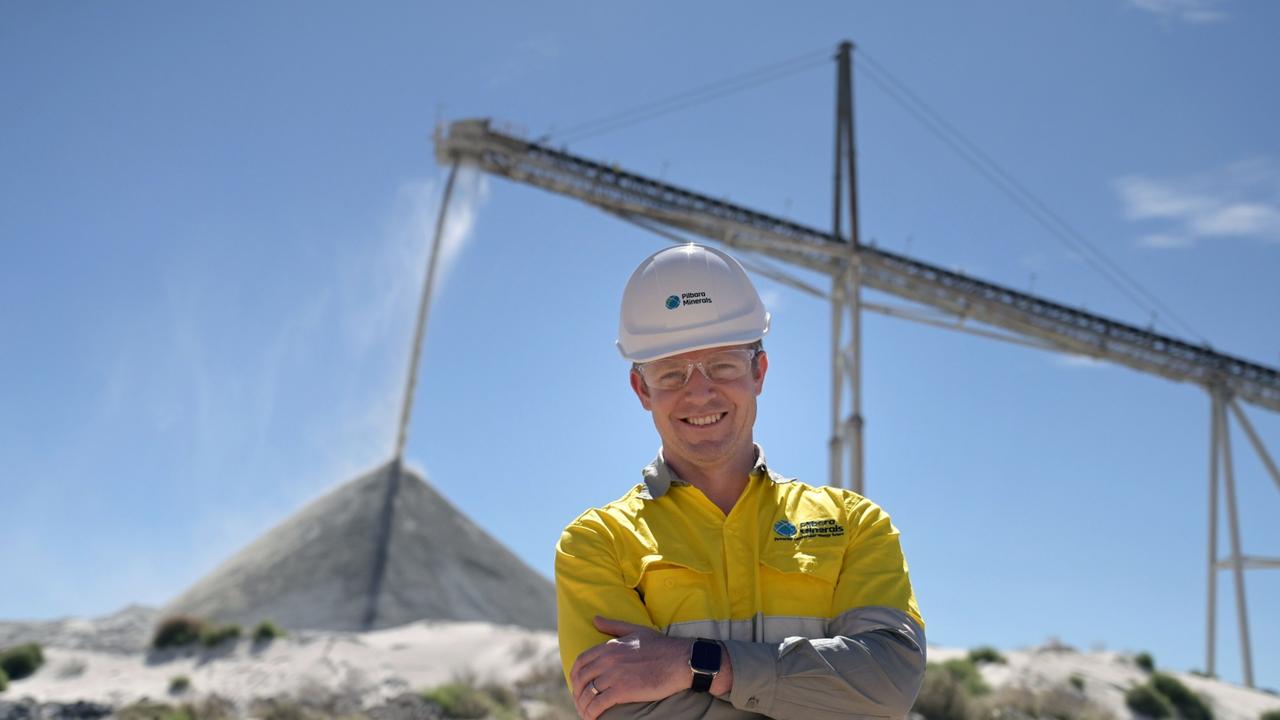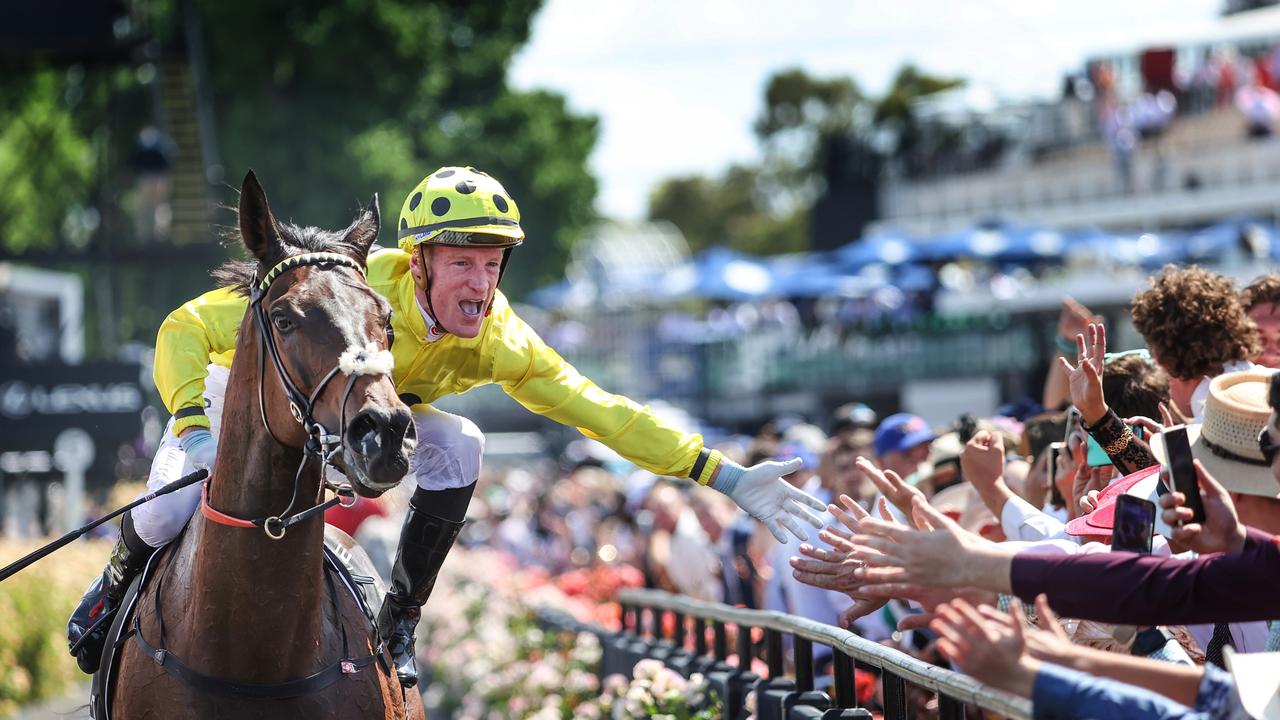How is Woolworths going to win back trust?
The new boss talks about getting the balance right with customers but deeper trust issues are already hurting the supermarket major.
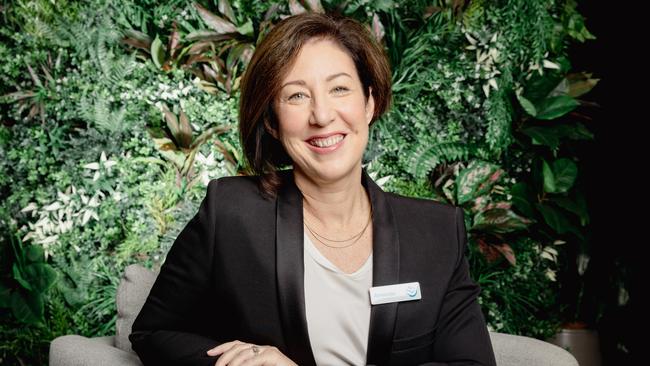
Business
Don't miss out on the headlines from Business. Followed categories will be added to My News.
New Woolworths boss Amanda Bardwell faces one of the toughest challenges for any CEO: rebuilding trust.
This will be a long, slow process for the supermarket. The erosion of trust is an invisible force that threatens to sap momentum and to turn customers away from the retailing giant to rivals like Coles, Aldi or others.
Bardwell has acted quickly to win back customers increasing discounts across the shelves, though this has come at a high cost. Suppliers usually pay for discounts but this time Woolies is helping to foot the bill.
Yes, lower prices have boosted sales, but they have also sliced margins and prompted Woolworths to issue a rare start-of-financial-year profit warning. Woolies shares ended down more than 6 per cent on Wednesday.
While Bardwell speaks of “getting the balance right” between customers and investors, it remains to be seen how long shareholders will tolerate the hit to profit, especially as Woolworths still faces fast-rising costs across wages and energy.
Add into this a sagging performance of Big W and problems in New Zealand supermarkets and Woolworths is quickly losing its premium rating. The pricing cuts might make good politics right now, but they represent a lousy long-term investment.
Damaging claims
For Bardwell trust issue goes far deeper than cost of living pressures at the checkout.
For the two major supermarkets chains, Woolworths and Coles, the end of September marked a tipping point for shoppers, as the competition regulator filed an explosive legal action alleging misleading discounting practices.
This was quickly followed by the ACCC’s first update and a critical one into its major probe into supermarket behaviour.
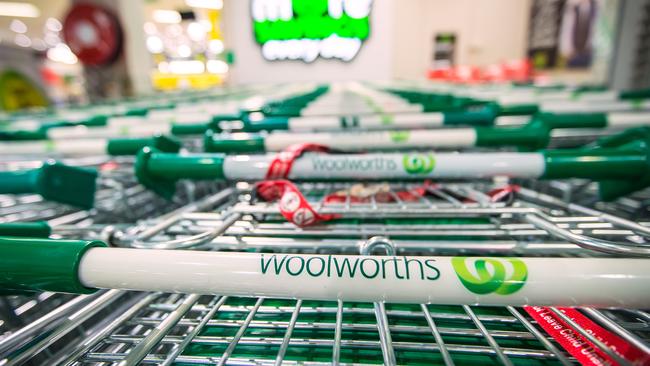
This scrutiny follows a year of allegations against supermarkets for gouging and anti-competitive practices. With inflation squeezing households, supermarkets have become an easy target for politicians seeking to divert attention from broader economic problems.
Former long-serving Woolies chief executive Brad Banducci this year become the poster child for everything around supermarket anger. His avoidable clash with senators at a parliamentary hearing earlier this year and a string of botched media interviews didn’t help. It reinforced the idea that Woolies wasn’t listening to customer.
However, it was the Federal Court action that proved most damaging. Through this the ACCC claimed the two big supermarkets were pushing through fake discounts across hundreds of items. Even if the supermarkets managed to get the claims thrown out, they have sown doubt in consumers’ minds. Both Coles and Woolworths are expected to file their respective defence documents in coming weeks.
Customer voice
The loss of trust though is real. Woolworths closely-watches an internal measure called “voice of customer” as an indicator of customer advocacy and future sales. Following the ACCC legal action, this figure fell to 46 points at the end of September. Although it had been rising through August and September, the Federal Court action marked a sudden reversal point.
Currently, the score sits at its lowest level in a year. Before the Covid pandemic, the score peaked at 56, indicating that Woolworths had more satisfied customers prepared to spend more than not.
With inflation easing, and in some cases leading to food deflation, Woolworths’ voice of customer score should be improving. Clearly, this is not the case.
Bardwell says winning back customer trust will be her number one focus.
The new CEO points out Woolworths connects with millions of the same customers two to three times a week, whether this is in store or online.
“The is about making sure we’ve got the right price, at the right time for customers”.
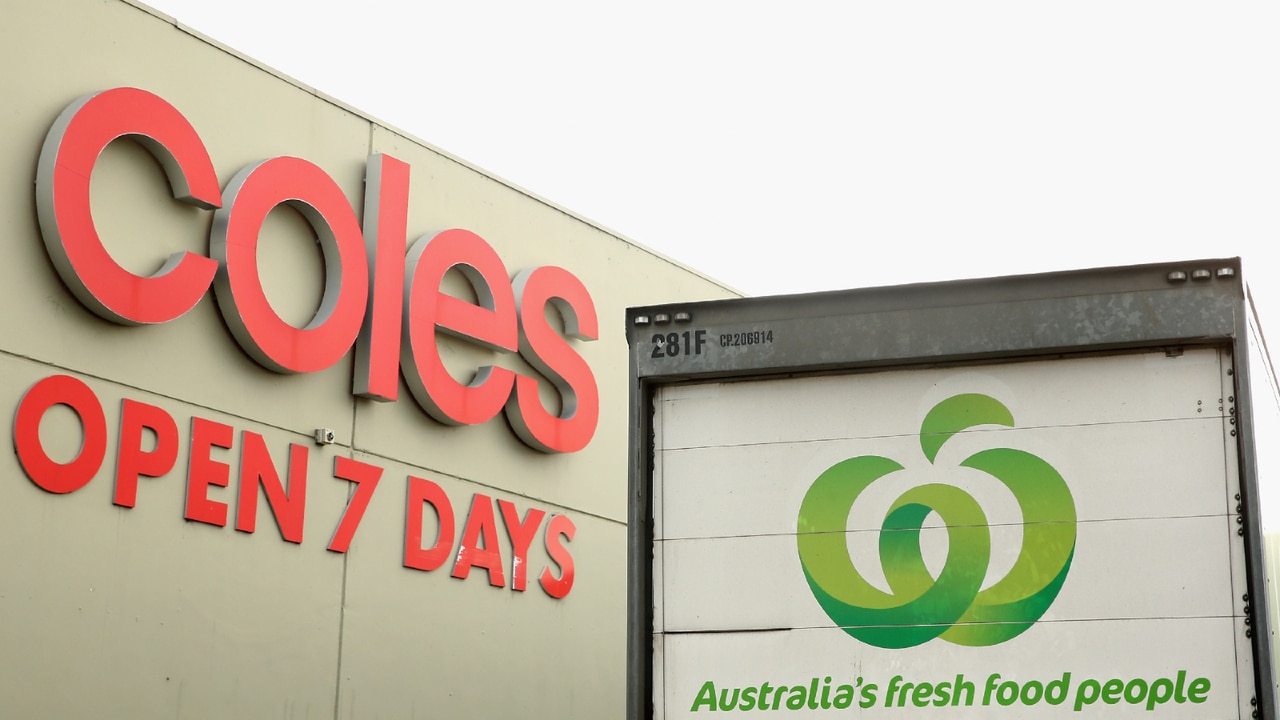
Woolworths has long faced criticism for its complicated discounting program, which features both “red ticket” and “yellow ticket” discounts. Rival Coles has gained traction with its annoying but potent “Down, Down” discounting refrain. Recently, Woolworths introduced its own version of this an “Every Day, Low Price” across thousands of items. This strategy is still finding its way.
Bardwell, who previously led Woolworths’ e-commerce efforts, adds that trust also hinges on the overall shopping experience, including the quality of fresh food and ease of getting in and out of stores, particularly at the checkout.
Customer satisfaction is increasingly tied to the digital experience, she says. More than 70 per cent of customers are using Woolworths’ online platforms before visiting a store. Another lever for improvement is the Woolworths Everyday Rewards loyalty program, which boasts more than 14 million members.
“Certainly there is a job in terms of rebuilding customer trust. What we’re focused on is this needs to be tangible and an experience that customers can actually see, feel and touch each time they’re in our stores”.
Figures released by the ABS on Wednesday showed annual inflation slowing at the headline level to 2.8 per cent the September quarter, food inflation remains persistent in parts, even accelerating around fresh food.
That’s going to make the job all the more harder for Bardwell to close the trust gap.
Star stretched
At the current rate of cash burn, Star Entertainment has at least two years of funding left. However this is built on the ambitious assumption everything stands still for new chief executive Steve McCann.
McCann is well aware the troubled casino operator has several large, lumpy and unpredictable payments coming down line. This means there’s plenty of money flowing out the door while his biggest cash cow – the Star casino in Pyrmont – is now more as it drowns under regulatory ambition.
It was the reason behind Star’s operational losses that should have alarm bells ringing. A plunge in revenue since the introduction of mandatory carded play and cash limits were rolled out in Sydney has pushed Star into the red for the first time since Covid lockdowns. The revenue fall only appears to be accelerating.
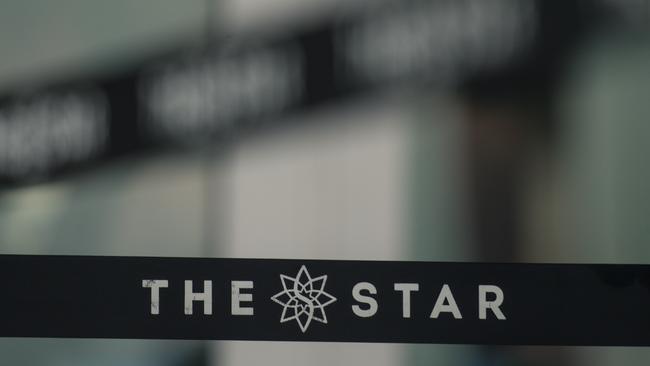
In the September quarter last year Star was generating $62m in quarterly pre-tax earnings. Its latest numbers show it lost $18m. Revenue was down 18 per cent over the period. The losses were mostly on the back of Sydney which is now bleeding $21m a quarter. Some of this was due to a system outage in July.
Strict rules covering the introduction of carded play and cash limits were began initially in Star’s VIP rooms from August. This month they were rolled across the entire gaming floor. The revenue drop off since then has been dramatic. The December quarter numbers are likely to show a bigger hit.
Star has previously argued the rules that only apply to casinos are giving the pubs and leagues clubs across Sydney a major leg up. Similar rules are planned for Queensland operations.
It’s too early to see how the new Queen’s Wharf casino in Brisbane is performing. It lost $7m in the quarter, as it remains in start-up mode.
Overall, Star is burning $27m in cash per quarter. Star’s shares fell as much as much as 15 per cent Wednesday before closing down 4 per cent.
While it is sitting on $231m of cash, still to come is a hefty fine from Austrac after the casino looked the other way over a string of money laundering breaches. Through negotiations, the financial crimes agency initially pushed for a fine as high as $400m, but the cash-strained casino can’t afford anything like that these days. Even if the final number settles around the $100m, this would be a big ask for McCann.
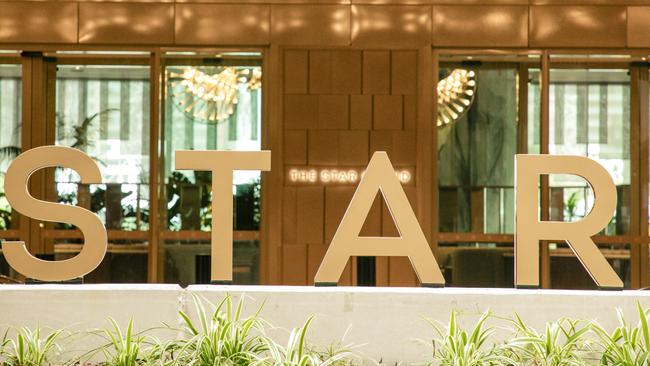
Meanwhile there’s four class actions running against the casino and there’s historic underpaid casino taxes which will be another hit. Even Star’s long-time antagonist, the NSW independent Casino Commission, found some sympathy by agreeing to spread the payment of a relatively small $15m fine over three instalments. A year ago Star would have been easily able to pay this in full.
There’s a new $200m debt facility that’s been agreed to with its bankers. This funding deal is highly conditional and the cash will only be released in two tranches. As my colleague Bridget Carter writes, Star is still working to meet the conditions to secure the funds and if it can’t make it by December 20, the funding deal is off. Elsewhere Star’s existing $334m facility has been filly drawn and interest has been hiked to punitive rates.
McCann has promised a string of asset sales, from carparks to hotels to get through the cash strain however, it’s going to be tight. The slowdown in gaming revenue demands a re-sizing of the business with 350 jobs, or about 5 per cent of the workforce to be cut.
In the annual report released this week Star’s directors have declared the casino is a going concern, but they admitted much needs to go right.
This includes the revenue drop-off not getting worse. There’s already a $135m blowout in costs to finish the new Queen’s Wharf Venture in Brisbane. There’s little room to move if this number goes higher.
Then there’s more costs to refinance the loans for the Queen’s Wharf venture next year. There’s higher ongoing regularly costs thanks to the Bell Two inquiry in NSW; there’s more legal bills and on it goes. Star’s auditor EY signed off on the accounts, taking the board’s assertion it can keep paying its bills at face value.
eric.johnston@news.com.au
More Coverage
Originally published as How is Woolworths going to win back trust?




